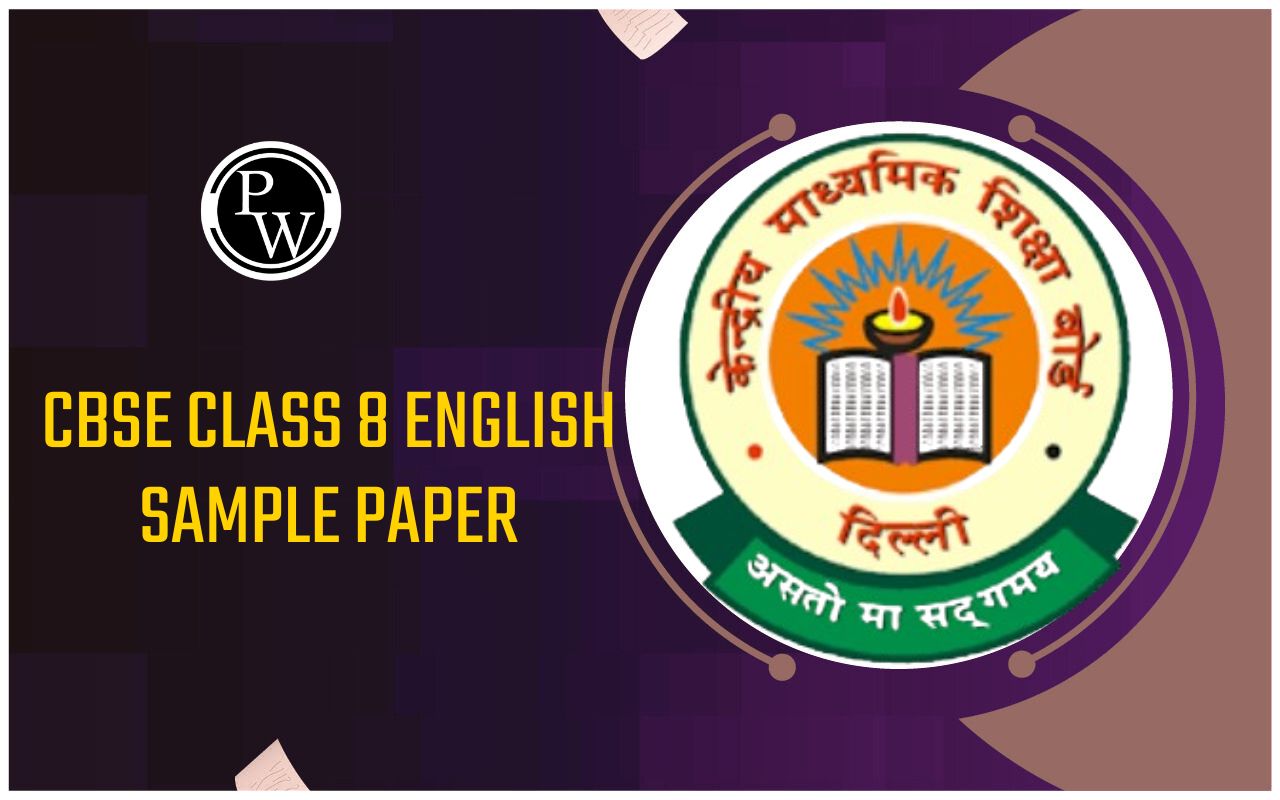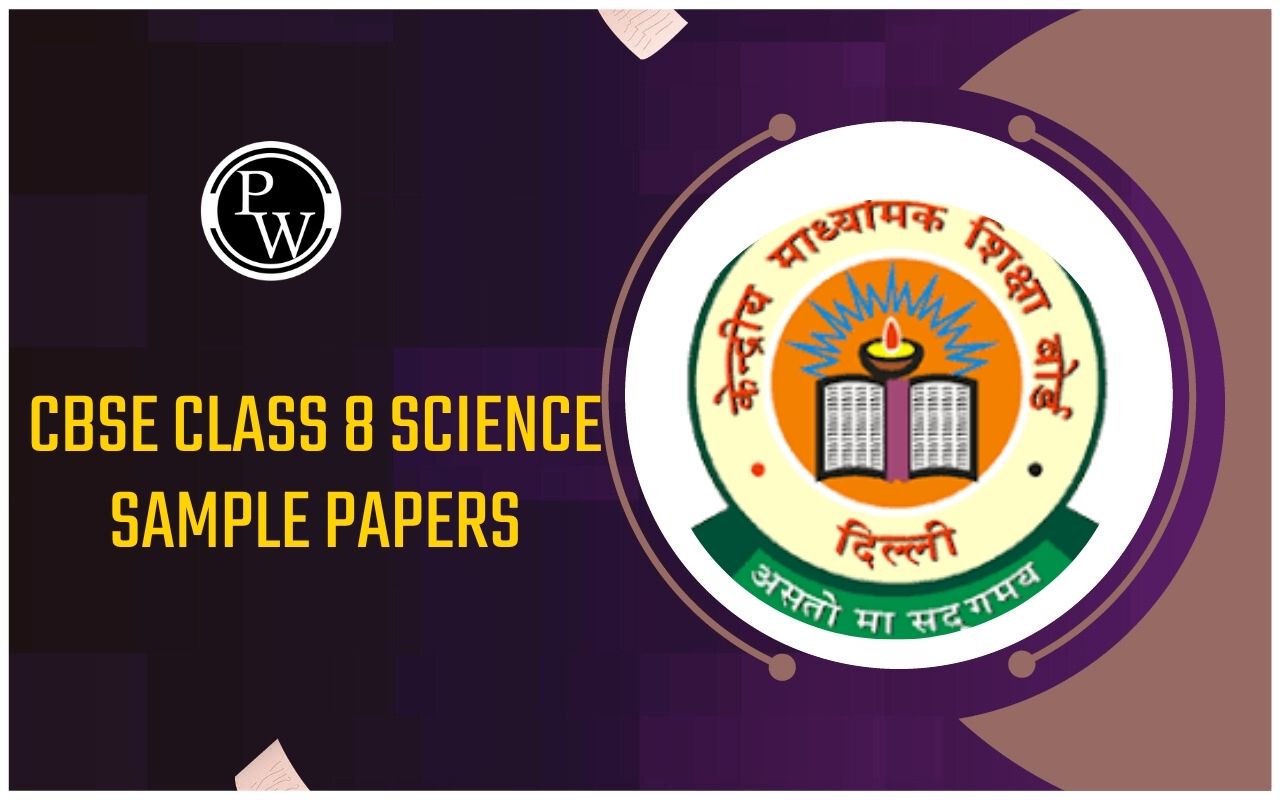
CBSE Class 8 Civics Notes Chapter 1: The Indian Constitution is an important document that outlines the laws and principles governing India. It was created to ensure justice, equality, and freedom for all citizens.
This chapter highlights the Constitution’s key elements, such as the Preamble, which sets out the nation’s values, and the fundamental rights that protect individuals. It also covers the separation of powers and the federal structure that balances authority between the central and state governments. Understanding these aspects helps explain how the Constitution maintains democracy and upholds the rights of every citizen in India.CBSE Class 8 Civics Notes Chapter 1 The Indian Constitution Overview
These notes are prepared by subject experts of Physics Wallah provide a detailed overview of Chapter 1 The Indian Constitution for CBSE Class 8 Civics. By breaking down complex concepts into easily understandable segments, these notes provide students a clear and concise understanding of how the Constitution shapes governance and protects citizen rights in India.CBSE Class 8 Civics Notes Chapter 1 PDF Download
The PDF link for the CBSE Class 8 Civics Notes Chapter 1 The Indian Constitution is available below. This PDF provides a detailed overview of the chapter, summarizing key points about the Indian Constitution, its structure, and its significance. Students can download the PDF to access well-organized notes that will help them understand the foundational principles and rights enshrined in the Constitution.CBSE Class 8 Civics Notes Chapter 1 The Indian Constitution PDF
CBSE Class 8 Civics Notes Chapter 1 The Indian Constitution
Here are the notes for CBSE Class 8 Civics Chapter 1 The Indian Constitution. This chapter introduces students to the foundational principles and significance of the Indian Constitution, which serves as the supreme legal document of India. It outlines the key features of the Constitution, including Federalism, the Parliamentary Form of Government, Separation of Powers, and Fundamental Rights. The notes cover the concept of Secularism and the Directive Principles of State Policy, emphasizing their role in guiding the governance of the country. These notes aim to provide a clear and concise understanding of how the Constitution shapes and governs the democratic framework of India.Introduction
In large and diverse societies, constitutive rules define how the society operates and distinguish it from others. These rules are developed through collective agreement and, in modern nations, are documented in a formal written document known as a Constitution. This written Constitution outlines the fundamental principles, rights, and responsibilities that guide the functioning of the society and its government.Why Does a Country Need a Constitution?
A country needs a Constitution for several key reasons:Defining the Nature of Society : A Constitution establishes the fundamental principles and values that define the country's identity and societal structure. It articulates what kind of society the country aims to be and how its institutions should function.
Providing a Framework for Governance : It outlines the structure of the government, including the separation of powers among different branches and the roles and responsibilities of each. This framework ensures that the government operates within defined boundaries and helps prevent the abuse of power.
Protecting Rights and Freedoms : A Constitution guarantees fundamental rights and freedoms to its citizens, protecting them from arbitrary actions by the state and ensuring that their basic liberties are respected.
Ensuring Rule of Law : It establishes the rule of law by setting out the legal framework that governs the country. This means that all individuals and institutions are subject to the law, and the law is applied consistently and fairly.
Providing Stability and Continuity : A Constitution offers stability by providing a clear and enduring set of rules that guide the country's political and legal processes. It helps maintain continuity in governance and provides a mechanism for resolving disputes and making changes in an orderly manner.
3 Significant Reasons Why We Need a Constitution
Here are three significant reasons why we need a Constitution:Preventing Abuse of Power : In democratic societies, the Constitution establishes checks and balances that guard against the misuse of authority by political leaders. It sets clear boundaries on governmental powers and provides mechanisms for accountability, ensuring that leaders cannot act arbitrarily or exceed their authority.
Protecting Minority Rights : The Constitution ensures that dominant groups do not exploit their power to oppress or marginalize less powerful people or groups. By enshrining fundamental rights and freedoms, it provides protection to minorities and promotes equality, preventing the majority from overriding the rights of the minority.
Safeguarding Core Principles : The Constitution helps protect the country's fundamental principles and values from being undermined by hasty or detrimental decisions. It serves as a stable foundation for governance, ensuring that laws and policies align with the nation's core beliefs and long-term interests.
The Indian Constitution Key Features
The Indian Constitution created by a diverse Constituent Assembly of 300 members in 1946, reflects the country's rich variety of languages, religions, and cultures. Here are the key features of the Indian Constitution:1. Federalism
Definition : Federalism involves multiple levels of government, including state governments, a central government, and local Panchayats.
Structure : The Constitution outlines specific areas of law-making and financial responsibilities for each government tier, ensuring a clear distribution of power.
2. Parliamentary Form of Government
Elections : Citizens elect their representatives directly, and anyone, regardless of social background, can run for office.
Representation : This system ensures that the government reflects the will of the people.
3. Separation of Powers
Legislature : Elected body responsible for making laws.
Executive : Smaller group implementing laws and managing government operations.
Judiciary : System of courts interpreting laws and ensuring justice.
Checks and Balances : Each branch monitors and limits the powers of the others to maintain a balance of power.
4. Fundamental Rights
Protections : Guarantees individual rights against both the state and other individuals, including:
- Right to Equality
- Right to Freedom
- Right against Exploitation
- Right to Freedom of Religion
- Cultural and Educational Rights
- Right to Constitutional Remedies
Objectives : Ensures every citizen can claim these rights and binds all authorities making laws.
5. Secularism
Definition : In a secular state, the government does not endorse any particular religion, ensuring equal treatment for all religions.
Benefits of CBSE Class 8 Civics Notes Chapter 1 The Indian Constitution
Clear Understanding of Fundamental Principles: The notes provide a straightforward explanation of the core principles of the Indian Constitution helping students grasp the foundational ideas behind the country's governance and legal framework.
Simplified Explanations: Concepts such as federalism, parliamentary democracy, and separation of powers are broken down into easy-to-understand language, making complex ideas accessible for young learners.
Enhanced Retention: By presenting the information in a structured format, the notes facilitate better retention of key details about the Constitution ensuring that students can recall important facts and features during exams.
Supports Effective Revision: Students can use these notes for quick revision before tests or exams. The concise and organized format helps in efficient review of essential topics.
CBSE Class 8 Civics Notes Chapter 1 The Indian Constitution FAQs
What is the Indian Constitution?
Who were the key figures involved in drafting the Indian Constitution?
What are the key features of the Indian Constitution?
What is Federalism in the context of the Indian Constitution?
What is the significance of Fundamental Rights in the Indian Constitution?









